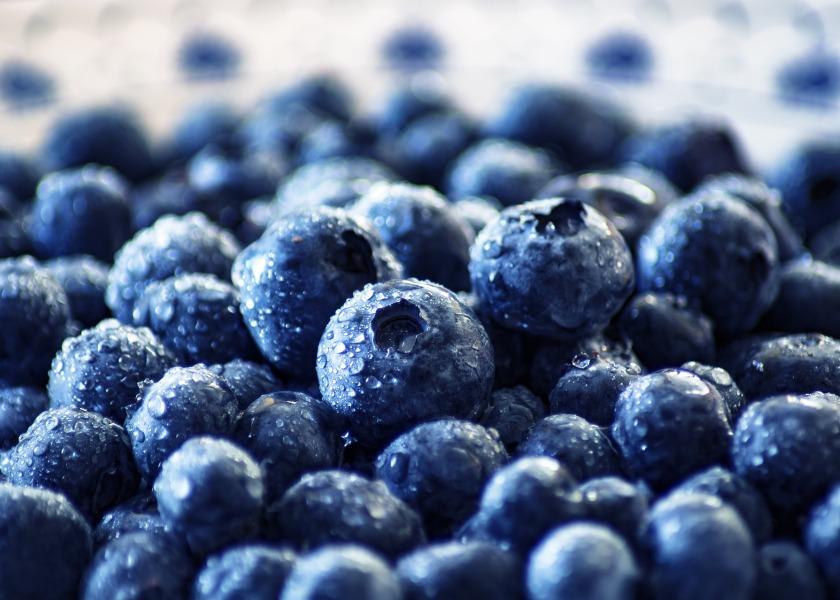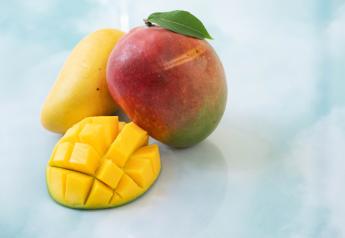Project seeks to evaluate food safety challenges of blueberry harvesting

Through an anonymous survey, researchers are seeking a better understanding of current cleaning and sanitation methods used on blueberry harvest containers and machine harvesters.
Based on the survey results and with the help of a blueberry industry advisory board, the researchers want to identify promising cleaning and sanitizing practices to further validate in the field and in a laboratory setting.
Principal investigator Jinru Chen, Ph.D., with the University of Georgia, said the results of the project — titled “Evaluating food safety challenges of blueberry harvesting” — should have widespread applications. “Harvest containers and machine harvesters are not only used for harvesting blueberries but other fresh produce as well,” she said. “What we find in the project can reach broad audiences. The information will help growers and packers improve their cleaning and sanitation practices and produce safe fruits for the fresh market.”
Joining Chen as co-PIs are Renee Holland, a UGA area extension agent for commercial blueberries, and Wei Qiang Yang, Ph.D., a district berry extension agent with Oregon State University. Chen has collaborated with the two on different projects since 2014. “Both Wei and Renee are blueberry extension agents, and they have close contact with blueberry growers,” Chen said. “They have built strong trust with local growers, and their roles in the project are extremely important.”
KEY TAKEAWAYS
- Anonymous survey seeks better understanding of sanitation methods used on blueberry picking containers and harvesters.
- An industry advisory board will help identify most promising sanitation practices, which researchers will validate in the field and in the lab.
- Results will help growers and packers improve their cleaning and sanitation practices.
- Findings should be applicable to other fresh produce as well.
The researchers are in the middle of the in-person and online survey that asks growers about their production scales, harvesting methods, and cleaning and sanitation practices for harvest containers and mechanical harvesters.
They’ve enlisted local extension specialists and county agents in different states of the U.S. to collect survey responses. The researchers set a goal of 100 completed responses for a representative sample size. So far, 68 growers and packers from 12 states have completed the survey, and Chen said they are working to reach the target this winter.
Berry growers use different methods and frequencies to clean and sanitize harvest containers and machine harvesters. Based on the survey results, the researchers will collaborate with the advisory board — comprising selected berry growers, packers, extension specialists, and other industry experts — to identify promising cleaning and sanitation practices for further evaluation.
In a field study, the researchers plan to swab the surface of harvest containers and machine harvesters before and after they are cleaned and/or sanitized. They will screen for indicator microorganisms in the samples. By comparing the microbial load in the before- and after-sanitation samples, they can validate the efficacy of the selected hygiene practices.
Drawing from survey results and advisory board input, Chen said they also plan to mimic the key cleaning and sanitation practices in the laboratory and determine the efficacy of these practices in removing microbial buildup and biofilm on materials used to manufacture harvest containers and mechanical harvesters.
Jinru Chen, Ph.D., University of Georgia PROJECT ABSTRACT: Evaluating food safety challenges of blueberry harvesting







